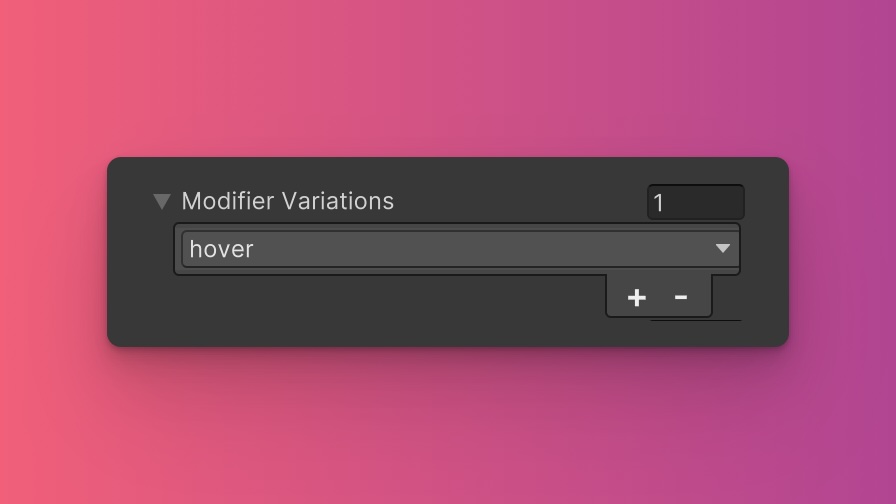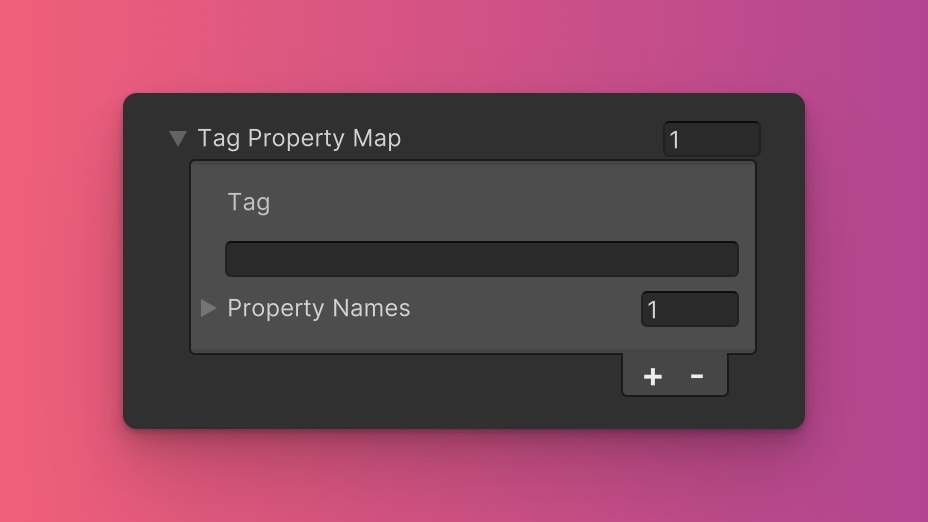Utilities
Transition Duration
The Transition Duration utility allows you to define how long a transition effect should take from start to finish. This utility is crucial for creating smooth and visually appealing animations that enhance user interactions.
Utility Class | USS Properties |
|---|---|
| transition-duration-0 | transition-duration: 0s; |
| transition-duration-75 | transition-duration: 75ms; |
| transition-duration-100 | transition-duration: 100ms; |
| transition-duration-150 | transition-duration: 150ms; |
| transition-duration-200 | transition-duration: 200ms; |
| transition-duration-300 | transition-duration: 300ms; |
| transition-duration-500 | transition-duration: 500ms; |
| transition-duration-700 | transition-duration: 700ms; |
| transition-duration-1000 | transition-duration: 1000ms; |
Basic Usage in UXML
To set the transition duration, use one of the transition-duration-{value} classes. The {value} specifies the time in milliseconds or seconds for the transition to complete. Combine this utility with other transition utilities like Transition Property and Transition Timing Function for comprehensive control over animations.
<ui:VisualElement class="transition-duration-200 transition-colors bg-red-500 hover:bg-blue-500">
<!-- Element with a 200ms transition duration for color changes -->
</ui:VisualElement>
Fine-Tuning Transition Durations
You can add new duration values to suit specific design requirements.
Customize
Modifier Variations

You can customize which modifier variations of the Transition Duration utility are generated, such as pseudo-classes (e.g., hover, focus) and custom modifiers.
Transition Duration utility.By fine-tuning the utility variations, you maintain control over your stylesheet's size and complexity, ensuring that only necessary styles are included. To update these values:
- Open the Theme Config Asset: Find the asset within your Unity project.
- Navigate to the 'Utilities' Section: Locate the
Transition Durationutility. - Adjust Modifier Variations: Select which modifiers you want to be generated for the utility. Keep in mind that the order of the modifiers will affect the order and specificity of the generated USS classes.
Class Tags and Properties

The Transition Duration utility generates classes based on predefined tags and their associated USS properties. While we recommend keeping these defaults for consistency and ease of reference in our documentation, you have the option to customize them to suit your project's specific needs.
These values are prepended to the defined values in this format tag-{value}. If a tag is empty, the generated class will simply be the value by itself.
Here are the default tags and the USS properties they set for the Transition Duration utility:
- transition-duration : transition-duration
To customize these tags and properties, you can edit the Tag Property Map field for the Transition Duration utility in the Theme Config asset. This allows you to define new tags or modify existing ones, thus tailoring the generated classes to your preferences.
Extending Core Fields
The Transition Duration utility does not extend any fields from the Core section of the Theme Config asset. Before you try to extend any fields, we recommend checking Unity's documentation to verify which types of values are expected by the relevant USS properties.
To customize or define these extended fields:
- Open the Theme Config Asset: Locate the asset within your Unity project.
- Navigate to the 'Utilities' Section: Find the
Transition Durationutility. - Customize Extend Fields: Modify or add fields in the
Extend Fieldsarray to change the core configuration values that are extended. You'll only be able to extend fields of the same type.
Disable Utility
The Transition Duration utility is enabled by default. You can disable it by unchecking the Enabled option in the Theme Config asset. This will prevent the generation of the utility's styles.